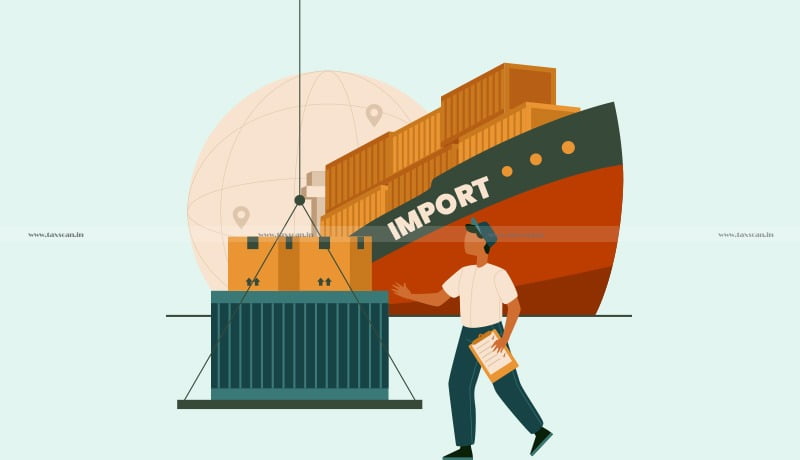Goods to Iran delivered in UAE: CESTAT holds Exporter not liable for 'Change of Landing Port' Instructions by Importer, Quashes Penalty

While quashing the order for confiscation and penalty against the importer, the Customs, Excise and Service Tax Appellate Tribunal (CESTAT), Ahmedabad bench has held that the exporter is not responsible for the instructions given by the importer regarding the change in the port after the issuance of a "Let Export Order" by the customs authority.
The appellant, M/s Janki Dass Rice Mills, had exported rice under disputed shipping bills which were originally booked for Iran. An investigation by the department revealed that the consignments were delivered to the UAE. Hence, it leads to the violation of the provisions of para 2.40 and 2.53 of Foreign Trade Policy.
The department further issued a show-cause notice and order wherein it was held that the goods were liable for confiscation under Sections 113 (i) and 113 (d) of the Customs Act 1962. The department imposed the penalties under Section 114 and Section 114AA of the Customs Act 1962 read with Section 11(1) of the Foreign Trade (Development & Regulation) Act 1992, Rule 11 and 14(2) of the Foreign Trade (Regulation) Rules 1993 read with provisions of Section 50 of the Customs Act 1962.
The Tribunal bench comprising Ramesh Nair (Judicial Member) and Raju (Technical Member) has found that in the present matter all the documents in respect of disputed consignments were in the name of Iranian buyers.
“There is nothing on record to show that the said documents were amended at any stage so as to permit import of goods at UAE. Further Revenue nowhere produced any documentary evidence to show that the exports documents produced by the Appellant were false and fabricated. We find that once all the export documents were in the name of Iranian buyers there was no scope for clearance of the goods in UAE and its subsequent sale. Further department nowhere disputed the foreign remittance of impugned consignments in Indian Rupees from Iran. In the present matter Appellant also produced the documentary evidences related to re-exported/ transhipments from Dubai to Iran.”
“In respect of the Appeal filed by M/s. V. Arjoon, CHA and M/s Venus clearing Agency we find that the CHA had filed shipping bills as per the documents provided to him by exporter. Further, M/s Venus was working on the instructions of exporter. Therefore, the bonafide act of the Appellants cannot be doubted. The act of filing the export documents for customs clearances shows that the appellants have no mens rea and filed the documents being a bona fide facilitators. Further, in any event of the matter, since we have already held that the goods were ultimately delivered to the buyers at Iran, there is no justification for imposing penalty upon the appellants, therefore, the penalty imposed on the all the co-appellants is set aside,” the Tribunal said.
To Read the full text of the Order CLICK HERE
Support our journalism by subscribing to TaxscanAdFree. Follow us on Telegram for quick updates.
JANKI DASS RICE MILLS vs C.C.-Mundra , 2022 TAXSCAN (CESTAT) 386 , Shri Ajay Singh, Shri Paritosh Gupta , Shri Vinod Lukose

